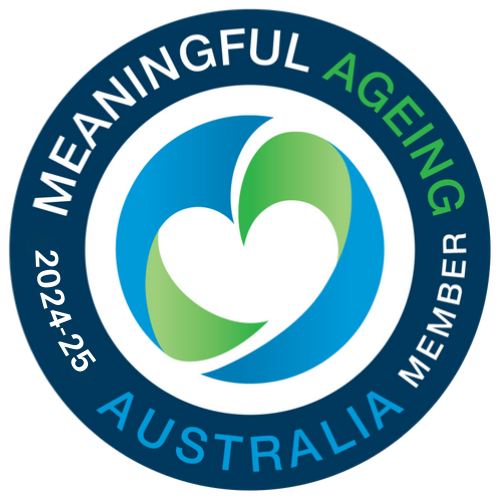Dementia Care in Melbourne
Dementia, a collective term for conditions affecting memory, thinking, and social abilities that interferes with daily functioning, is a growing concern worldwide. In Melbourne, like the rest of Australia, the prevalence of dementia is on the rise, mainly due to an ageing population.
Current statistics suggest that dementia is the second leading cause of death in Australia, with there estimated to be more than 400,000 Australians be living with the condition. This figure is projected to increase, emphasizing the need for effective dementia care.
Caring for Those with Dementia
Caring for individuals with dementia presents unique challenges. Dementia affects each person differently, but it generally leads to a gradual decline in cognitive abilities, making routine tasks increasingly difficult.
Common challenges include communication difficulties, behavioural changes, and the need for constant supervision and support. Informal Carers often experience emotional and physical stress, highlighting the need for specialised care and support strategies.
The Types of Help Dementia Patients Need
People living with dementia require varying levels of assistance depending on the stage and severity of their condition. In the early stages, support might focus on memory aids, medication management, and assistance with complex tasks.
As the disease progresses, individuals may need help with daily activities such as dressing, eating, and personal care. Emotional support and maintaining a safe, familiar environment are also crucial. The goal is to promote independence as much as possible while ensuring safety and well-being.
The Types of Services Required for Dementia Care
Effective dementia care involves a range of services tailored to meet the evolving needs of the individual. These services can include:
Personal Care: Assistance with daily activities such as bathing, dressing, and grooming.
Domestic Assistance (help around the home): Services like meal preparation, housekeeping, and laundry that help maintain a safe and comfortable living environment.
Nursing Care: Clinical care services including medication management and wound care.
Respite Care: Temporary relief for informal carers, which is vital for their well-being and maintaining the caring relationship.
Therapeutic Activities: Activities designed to stimulate cognitive function and social interaction.
Transport Services: Assistance with transportation for medical appointments and social outings.
Support with responsive behaviours: Work with specialist agencies to implement strategies to help manage behaviours such as wandering and aggression.
These services, when provided effectively, can significantly enhance Quality of Life for both dementia patients and their informal carers.
Support Groups Available in Melbourne
In Melbourne, there are several support groups and resources available for individuals with dementia and their informal carers. These groups provide a platform for sharing experiences, obtaining information, and receiving emotional support. Some notable organisations include:
Alzheimer's Association Australia: Offering information and education services for people with dementia, their families, and informal carers - https://www.alz.org/au/dementia-alzheimers-australia.asp
Dementia Australia: Provides a wide range of counselling, support groups, education, and information resources for the public and health professionals, as well as a helpline for people living with Dementia and their carers - https://www.dementia.org.au/
Carer's Victoria: Offers resources and support for carers of people with dementia and other conditions requiring care - https://www.carersvictoria.org.au/
Council on the Ageing (COTA): Provides information and referral services for older people, including those affected by dementia - https://cotavic.org.au/
These organisations play a crucial role in the dementia care community, offering much-needed support and resources.
A good Home Care Provider is also a highly valuable resource in recommending and arranging the right supports for people with dementia. At Aunty Grace, all of our Care Managers and Concierge team undertake additional training in Dementia Care through Dementia Australia and Dementia Training Australia, so our clients can be confident that they’re getting the right advice and support.
Providing effective Dementia Care is a vitally important service, requiring a multifaceted approach that adapts to the changing needs of individuals. As the prevalence of dementia increases, the need for specialised care and support services becomes more pressing.
By understanding the challenges faced by those living with dementia and their informal carers, and by providing a comprehensive range of services and support groups, we can help improve the quality of life for those affected by this condition.
With a compassionate approach and the right support, individuals with dementia can continue to live fulfilling lives, and their informal carers can find the reassurance, assistance and respite they need.



